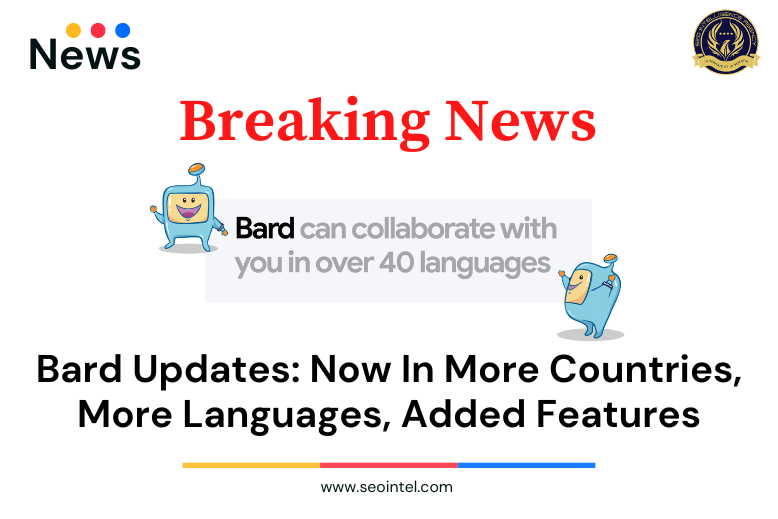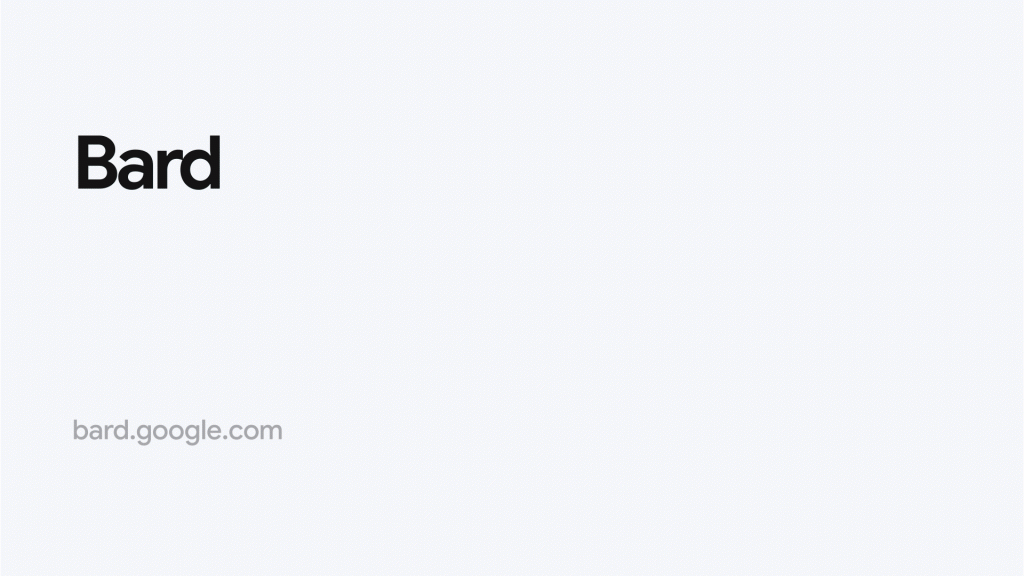
Google has announced that Bard is now available in all 27 countries in Europe Union, and in Brazil. In addition, it is now available in over 40 languages including Arabic, Chinese, German, Hindi, and Spanish.
According to Jack Krawczyk, Bard’s Product Lead, the company has proactively engaged with experts, policymakers and privacy regulators on their expansion to more territories.

Their English, Japanese, and Korean support has also helped them learn how to launch languages responsibly, enabling them to now be able to support the majority of language coverage on the internet.
As they bring Bard to more regions and languages over time, Google will continue to use their AI Principles as a guide, incorporate user feedback, and take steps to protect people’s privacy and data.
In addition to more languages and coverage, they have also added these following features:
Google has added text-to-speech capabilities to Bard. Users can now listen to Bard’s responses, which can be helpful when dealing with a new language and needing to hear the correct pronunciation of words, or at times when you need to listen to a poem, script, or text.
To be able to do this, users only need to enter a prompt and select the sound icon to hear Bard’s answers. This feature is now live in over 40 languages.
In addition to this, users can also change the tone and style of Bard’s responses to five different options: simple, long, short, professional or casual. As of this time, this feature is live in English but will soon expand to new languages.

Google Lens is now available in Bard. Whether users want more information about an image or just need help coming up with a caption, uploading images in prompts is now made possible. Bard will be able to analyze the photo – whether you want more information about the image or need a caption to make it more interesting, Bard will be able to help out.

This feature is now live in English, and will soon expand to new languages.
Users can now pin conversations and rename them, enabling the ability to pick off where conversations were left off and organize them according to needs. Multiple conversations going all at once is now also possible.

Users who use Bard for coding can now export Python code to Replit, in addition to Google Colab. This feature is available in over 40 languages.

Users can now share part or all of their conversations with Bard. Shareable links make it possible to share ideas and inspirations with just one click.
Read more about these updates in Google’s blog post. All updates made to Bard can also be accessed here.